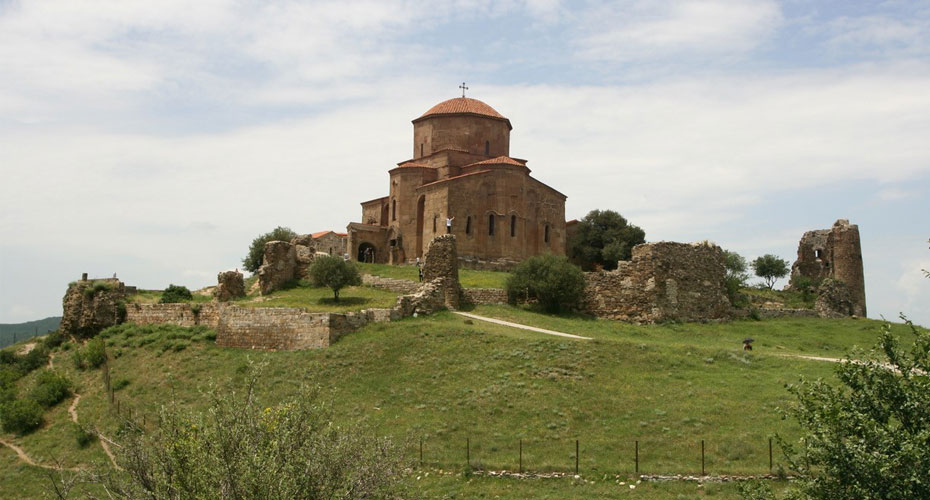Research
Theology and Religion at Exeter is innovatively interdisciplinary and characterised by strong research collaborations and impact across a range of sectors. We engage some of the most important issues of our time that interface with religion – sustainability, race and racism, health and wellbeing, sex and reproduction, cultural memory and recovery from conflict. Our mission is to be at the forefront of defining research agendas to inspire and resource the understanding, critique, and constructive collaboration with faith traditions and religions for the benefit of our planet and its people(s). This is critical as global challenges cannot be met in isolation from religious/cultural traditions and their ongoing legacies.
Working collaboratively with partner organisations (from the NHS to the United Nations) for the benefit of a variety of public stakeholders and audiences, we generate real-world impact in our complex world.
![]()
We are No. 1 in the UK for our world-leading research in Theology and Religious Studies - Based on 4* research in REF2021
![]()
71% of our Theology and Religious Studies research is world-leading - Based on research rated 4* in REF2021
![]()
100% of our Theology and Religious Studies research has world-leading impact. - Based on research impact rated 4*in REF2021
Theology and Religion houses academics working on a diverse range of research but some of our particular strengths are in ancient material culture, the body, post-colonial approaches to the Bible, disability and aging, sexuality and gender, ecotheology, science and religion, religion and ethics especially relating to conflict, eastern and oriental Christianity, patristics and philosophy of Religion.
Research centres

The Centre for the Study of the Christian East
Exploring the Theology, History and Material Culture of the Christian East
Research projects
We have a successful track record in attracting funding for research that represents Theology and Religion in the widest possible sense. Our interdisciplinary projects encompass the ancient world through to some of the most complex of contemporary debates and have had significant impact on both the academic community and policy and practice in public life. Examples of recent projects include work on how to remember victims of the Covid-19 pandemic, explaining why the Russkiy Mir doctrine used as a justification by the Russian Orthodox Patriarchate to invade Ukraine is actually heretical, and an exploration into the roles of race and ethnicity in the New Testament.
Further information about our research projects and networks can be found on individual staff pages or by following this link

